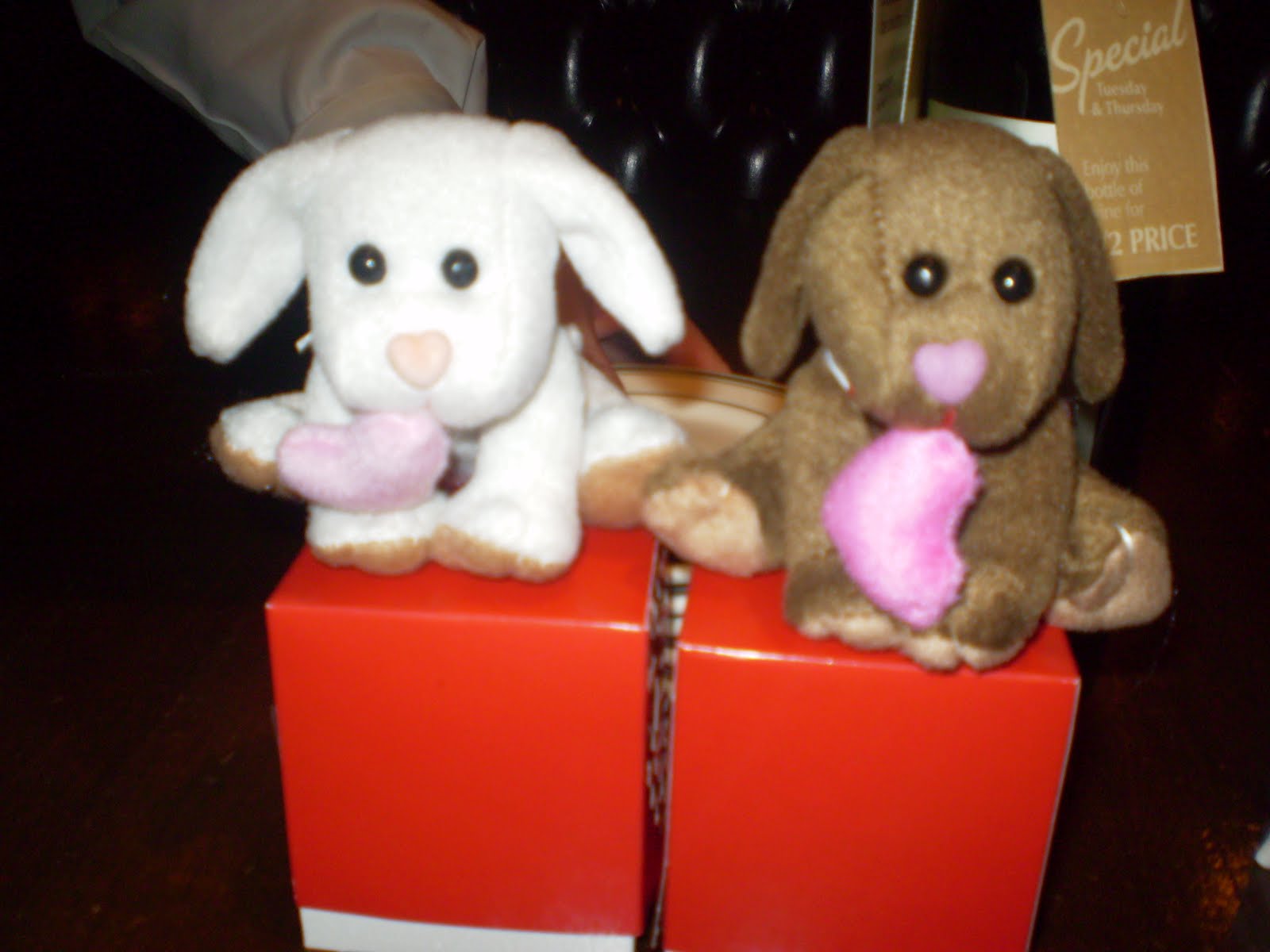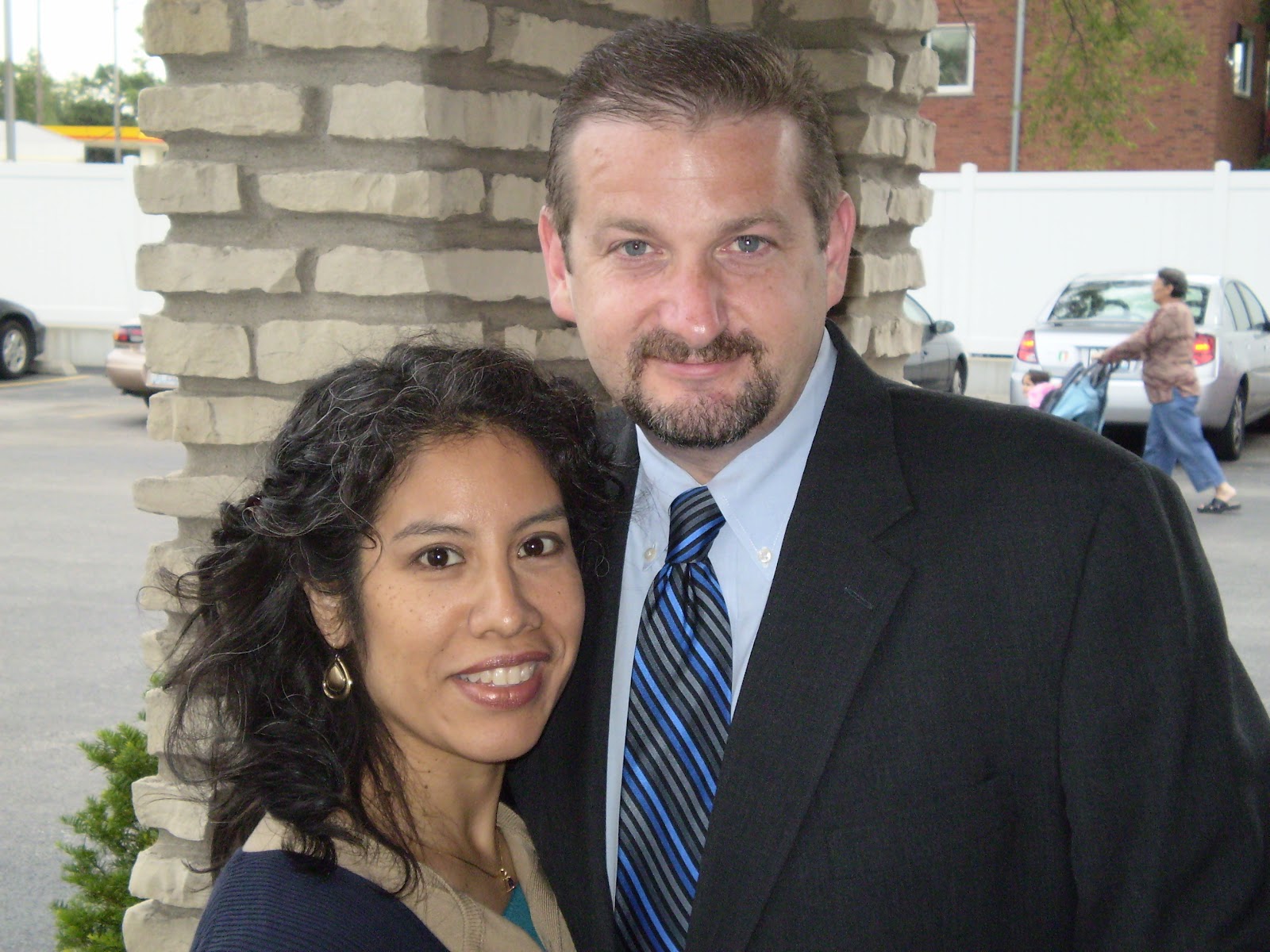 My parents, my father’s parents and I were born in the U.S; my mother’s parents and my dad’s grandparents were born in Mexico. I was raised in the very homogeneous Walnut Creek, California in the 1970s and ’80s when it was very Anglo and middle class.
My parents, my father’s parents and I were born in the U.S; my mother’s parents and my dad’s grandparents were born in Mexico. I was raised in the very homogeneous Walnut Creek, California in the 1970s and ’80s when it was very Anglo and middle class.
There were few people of color in my high school and I sometimes say that I was a teenage white girl, but my parents taught me a decent Spanish accent and were very connected to the Mexican-American communities of nearby towns. Walnut Creek was very white, but nearby cities such as San Francisco, Pittsburg and Martinez were not.
Because my main contact with other Mexicans and Mexican-Americans happened only on weekends and special occasions, Mexican music, Spanish-speaking and tamales weren’t as familiar as English and top 40. Spanish was the language of old people, wheezed out in cumin-scented living rooms that had plastic on the furniture. Tardeadas (big afternoon parties) and weddings had Mexican-American kids, but they seemed foreign to me. Like many American kids, I rarely interacted with people who were outside of my school or my city. I just wasn’t used to seeing people with brown skin, besides my immediate family.
In high school, the awkward, funny, translucent-white male was almost my only option. When I came into contact with Latinos my age in one of the neighboring cities, I felt ashamed because I wasn’t as Mexican as they were. My Spanish wasn’t fluent, I sounded white and I dressed like everyone else at Las Lomas High School, not like Mexican-Americans who went to school with mostly Latinos. Being a brown girl raised in a white environment was often confusing. My self-esteem wasn’t high.
 |
| June 2007 |
Bob grew up in Illinois USA and the school he went to had a good mix of Latinos, African-Americans and whites. He dated girls of different backgrounds from the very beginning and that pattern continued throughout his life. The two of us being attracted to each other was culturally inevitable.
Our union never faced any resistance from family or friends and any tension is strictly internal to our marriage. I admit the cultural differences between me and Bob are an integral part of our dynamic. He’s kind of exotic to me with the constellation of freckles that cover his face, arms and torso, his limbs that go on for days, and his Midwestern manners and accent. We’re learning a lot from this 24/7 cultural exchange. For instance, I had no idea how white Midwesterners like Bob handle conflict, but now I do. It’s very different from the let’s-get-it-out-on-the-table approach I and my family tend to use.
Every once in a while I’ll notice someone looking at me and Bob when we’re out in public and I usually assume it’s because we’re a tall, white man and a short, brown woman, but it might not be. I’m aware of the prejudices against dating someone of a different color and specifically those against a woman of color marrying a white man, but I haven’t felt this bigotry touch me.
What is remarkable is when I refer to me and Bob as an interracial couple and a friend or acquaintance responds with, “I don’t think of you as an interracial couple.” It’s is a response that only white people say, not people of color. Why do white people say this? It reminds me of times when I call myself short and someone says, “I don’t think of you as short.” It’s like they’re trying to be nice by denying what I’ve just said.
Does the phrase “interracial couple” sound as negative as the word “short?” Shortness isn’t so bad, and neither is interraciality. “I don’t think of you as an interracial couple.” Maybe the whitel person wants to make clear that she isn’t racist and doesn’t think that way or maybe she’s saying she’s okay with me being a Mexican who’s married to a white man. Or it could simply be that she doesn’t think of me as Mexican, just as she doesn’t think of me as short. You’d think this would be fine, but it doesn’t quite feel right. Why deny that Bob and I have an interracial marriage? Does it seem like a bad thing? On the contrary, I’m pretty sure there’s nothing wrong with being short or Mexican or in an interracial marriage.
“I don’t think of you as an interracial couple,” sounds like, “You’re okay with me, Regina, no matter what names you want to call yourself.”
But rather than feel erased by people who think I’m no different from Bob, I appreciate this marriage because this relationship makes me feel more Mexican than I’ve ever felt in my life. In the context of Bob’s life and family, I’m the real deal. I speak Spanish and have hundreds of memories of food, music, tradition and idioms that are specifically Mexican-American. Bob can never step into this experience with me, which marks me as the ethnic one, a role that I’ve often felt doubtful about.
Being in an interracial marriage works very well for me. For most of my life I’ve uncomfortably straddled the cultures of the whites and the Latinos. But with Bob my life finally feels unquestionable: he’s the white one and I’m the brown one. There’s no doubting that and it feels good.
UPDATE in March 2018:
But it was occasionally quite painful to be in an interracial marriage. Bob didn’t have the understanding of racial dynamics that I had and I found myself giving him the benefit of the doubt way too much.
The worst time was when the Harvard police arrested Harvard Professor Henry Louis Gates, Jr. outside of his own home. Gates was trying to get into his house when neighbors called the police, who asked Gates for identification. When Gates protested, the police saw him as creating a disturbance and arrested him, taking away his cane, which he needs to walk.
I tried to talk to Bob about how upset I was about this, but he didn’t see what the fuss was about. He saw the police as doing their job. I told him Gates had been on my graduate program committee when I was in the PhD program at Cornell, so he could trust me when I said (Skip) Gates would never do anything to threaten an officer. But Bob wouldn’t give Gates the benefit of the doubt and we started arguing.
Eventually we got around to why American prisons are full of Blacks and Latinos, with Bob saying it must be because those are the criminals. I was furious. I couldn’t believe the educating task I had in front of me. This was my husband.
We didn’t resolve that argument and for the rest of our marriage we avoided such discussions. When I brought up racism and politics, Bob would go silent until I was done. We had no connection on this topic, or on many others.
At the very beginning of our marriage, my (white) mother-in-law had me on her email list of people she forwarded things to. One day I received a forwarded rant against “anchor babies,” which are the babies Latin American women supposedly come to the U.S. to give birth to, so they’ll be allowed to stay in the U.S. with their American children. It’s a myth and the email angered me. As politely as I could I emailed my mother-in-law that her email was incorrect and my grandparents were Mexican immigrants and I didn’t want to read such things. She didn’t forward me anything else.
Bob and I are divorced now and I’m currently not in a relationship. I have no particular insight into marriage with someone who sees our racial society so differently from me. While I was married, I wanted it to work so badly that I overlooked a lot of things I had previously believed I wouldn’t tolerate. Would I marry another white man? I doubt I’ll get married again at all.

Deni Turner – I'm so sorry I didn't respond to your comment months ago. Feel free to email me at regina242424 at Google's email server.
Anonymous – Americans tend to conflate race and culture. Maybe because the original binary was with white people and black people, we tend to see dynamics as racial when they're often class-based or cultural. "Mexican" isn't a race, it's a nationality and a culture, yet Americans see Mexicans as having darker skin than Europeans, so they call us a different race. It's all quite confusing and scientifically incorrect, but that's how it all evolved.
With your Spanish blood, you aren't of a different race from your Italian wife, but Americans use the phrase "interracial" as a short-hand for many relationships that bridge cultures, even if both people are technically the same color or have similar features. And that's my best explanation.
I'm born and raised mexican and I'm white (spanish granparents).
My wife is italian.
Why do american people call us a interracial couple when they find out that I'm Mexican? at first they think I'm also Italian (my name is Roberto) but when I correct them, they quickly say: oh you're an interracial couple!
In any other part of the world we've been to(Spain, Mexico, Argentina, Italy, France) has happened that.
Well, small Latino woman…Gracias for sharing. I have just begun a search for best areas of California to live for a white woman who is in love with a Mexican man and his three children. This is totally unexpected and my plan was has been to move to the Bay area/ San Fran in three months with my daughter. My other dauhters are already there. Can you help me to know where is the most accepting Northern Ca location? Can you help me with many many ???? regarding this. I am a nurse and will take a travel contract, however, I did not expect to consider that I may need advice in many areas.
You know, it's weird. My boyfriend is Mexican, and I'm white, but i never think of us as being interracial either, even though we obviously are.